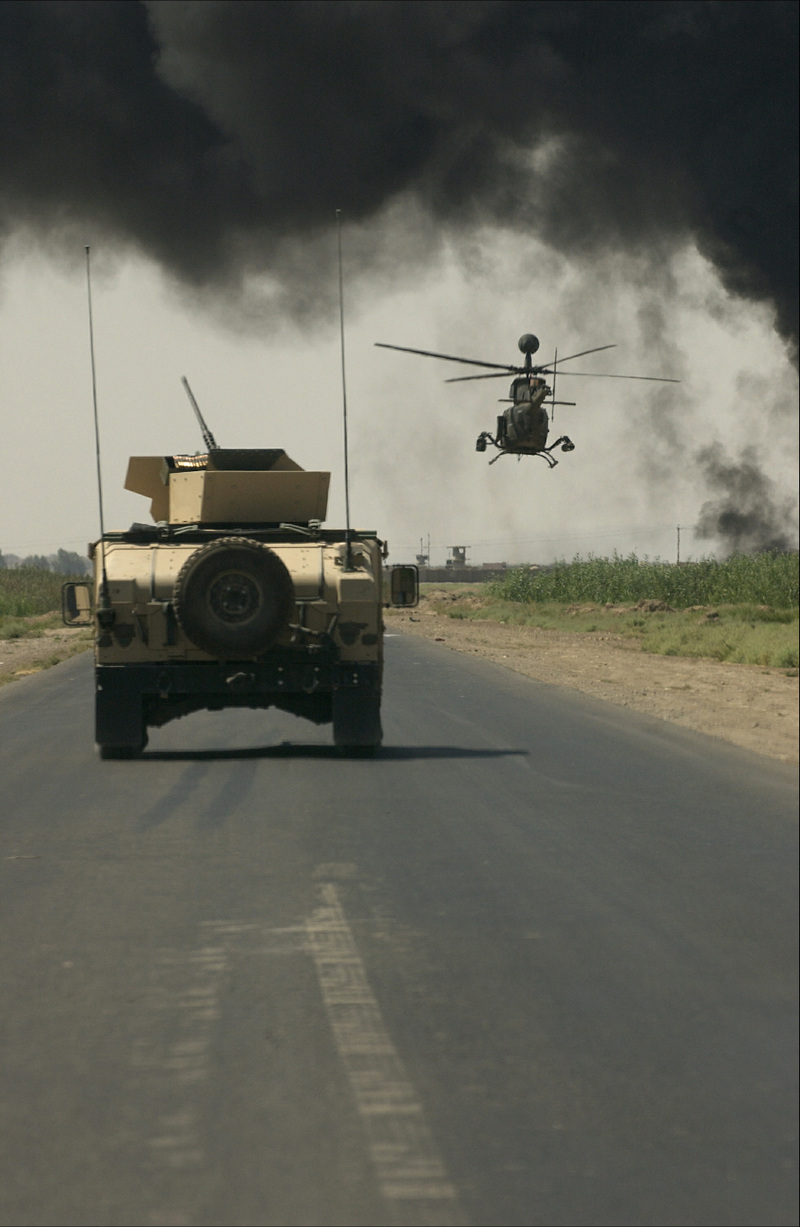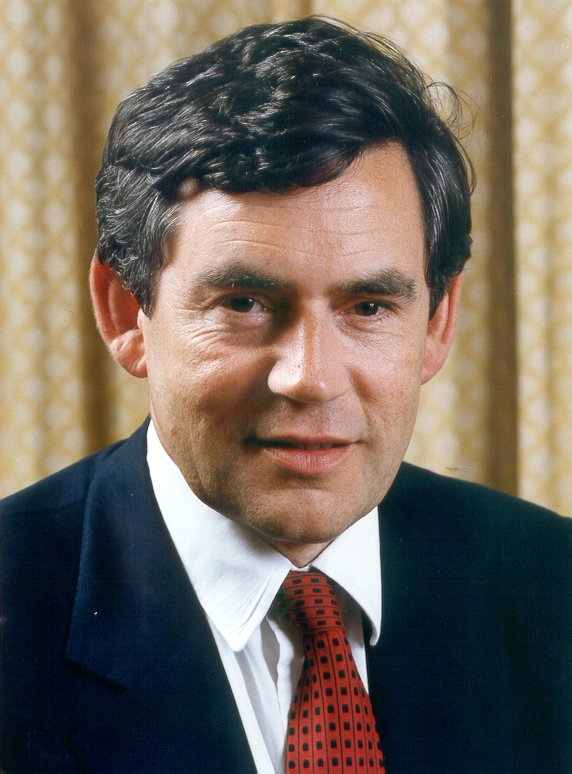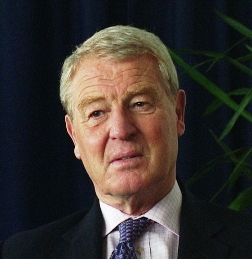By Nick Li
 This is a comment on the section "The False Choice of Pacifism" in Sam Harris’ book, The End of Faith. Sam Harris writes:
This is a comment on the section "The False Choice of Pacifism" in Sam Harris’ book, The End of Faith. Sam Harris writes:
Pacifism is generally considered to be a morally unassailable position to take with respect to human violence. The worst that is said of it, generally, is that it is a difficult position to maintain in practice. It is almost never branded as flagrantly immoral, which I believe it is. While it can seem noble enough when the stakes are low, pacifism is ultimately nothing more than a willingness to die, and to let others die, at the pleasure of the world’s thugs. It should be enough to note that a single sociopath, armed with nothing more than a knife, could exterminate a city full of pacifists. There is no doubt that such sociopaths exist, and they are generally better armed.




 A few interesting things about Gordon Brown today (actually from a few weeks ago). This series of articles in
A few interesting things about Gordon Brown today (actually from a few weeks ago). This series of articles in  Attention turned to the House of Lords this week as Patrick "Obstruction of Justice" Fitzgerald brought down
Attention turned to the House of Lords this week as Patrick "Obstruction of Justice" Fitzgerald brought down 